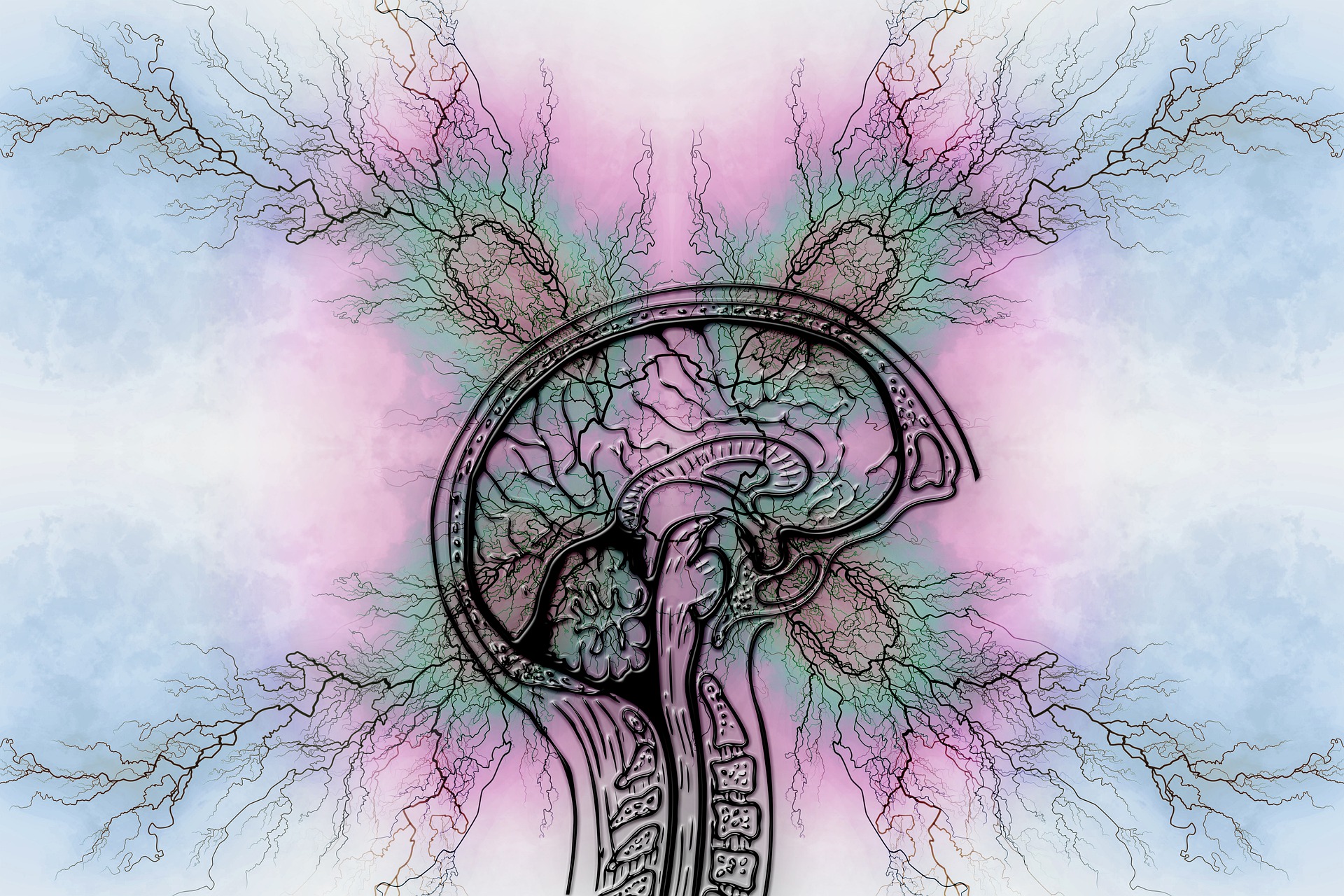Budget tax reform
The New South Wales budget has proposed phasing out stamp duty in favour of a land tax, and this will drive a shift towards medium density living over time, according to Pete Wargent, co-founder of Australia’s first national network of buyers’ agents, BuyersBuyers.
Mr Wargent said, “economists have been campaigning to abolish stamp in favour of an annual land tax for years. Although this is a politically tricky manoeuvre to pull off, the New South Wales budget has finally delivered the first stage of tax reform”.
“From January, first homebuyers purchasing properties for under $1.5 million will be able to opt to pay no stamp duty, in favour of an annual property tax of $400 plus 0.3 per cent of the property’s land value”.
“This will remove one of the major hurdles to home ownership and will pull forward more first homebuyer activity in Sydney and regional New South Wales over the coming few years.”
“In terms of immediate market impacts, this is likely to be supportive of unit prices in Sydney. A full reform of the tax legislation may require Federal support, but over time this is likely to drive more buyers towards strata and medium density living, into properties with lower assessed land values, and away from detached housing blocks which will attract a materially higher annual land tax payment.”
Growth dividend
BuyersBuyers CEO Doron Peleg said that the reform would, in time, deliver a benefit to the Australian economy, although this will take some years to be experienced in full.
Mr Peleg said, “stamp duty is an expensive frictional cost in the housing market, and with it being phased out this will encourage a more flexible labour force, with the desire and ability to move to where the job opportunities are, which will deliver an employment and growth dividend for the New South Wales economy.”
“If New South Wales can successfully transition from stamp duty to an annual land tax then it is also likely that other states will follow in considering similar moves.”
“There are some potential disadvantages to the removal of stamp duty, which may include unit prices being bid up from the lower end of the market, and the reform may encourage more speculative ‘flipping’ of properties.
Figure 1 – New South Wales stamp duty paid
“But overall, this is seen to be a positive move. Stamp duty is a cyclical and lumpy tax – the average stamp and transfer duty payment in New South Wales has been above $50,000 through the 2022 fiscal year – and ultimately state governments will be able to transition to a smoother and more predictable revenue stream from land tax” Mr Peleg said.
Shift towards medium-density living
BuyersBuyers co-founder Pete Wargent said the timing was favourable for tax reform, with the state government coming off a $15 billion boom in stamp receipts for the financial year.
Mr Wargent said, “if ever there was a time to move away from a cyclical transaction tax, this is it. We expect there to be more first homebuyer activity in Sydney over the coming few years, with many younger buyers tapping the so-termed ‘bank of Mum and Dad’ for assistance.”
“The reform will likely take some of the stigma away from unit and apartment living. The downside to a land tax is that it’s perceived to be a forever tax on a forever home. Reverse mortgages are not popular in Australia, and as stamp duty is phased out fully over time, these changes will encourage more downsizers into favourably located apartments during their retirement years, freeing up housing stock for families.”
“Ultimately, this is the main benefit of the reform, making a more optimal use of the dwelling stock, and encouraging buyers to move into housing that is most appropriate for their needs, rather than worrying about large transaction costs.”
“Over the medium-term, you should expect these reforms to put downward pressure on detached house values in Sydney, but this is likely to be offset by an increase in unit values as demand tilts towards medium-density living” Mr Wargent said.








